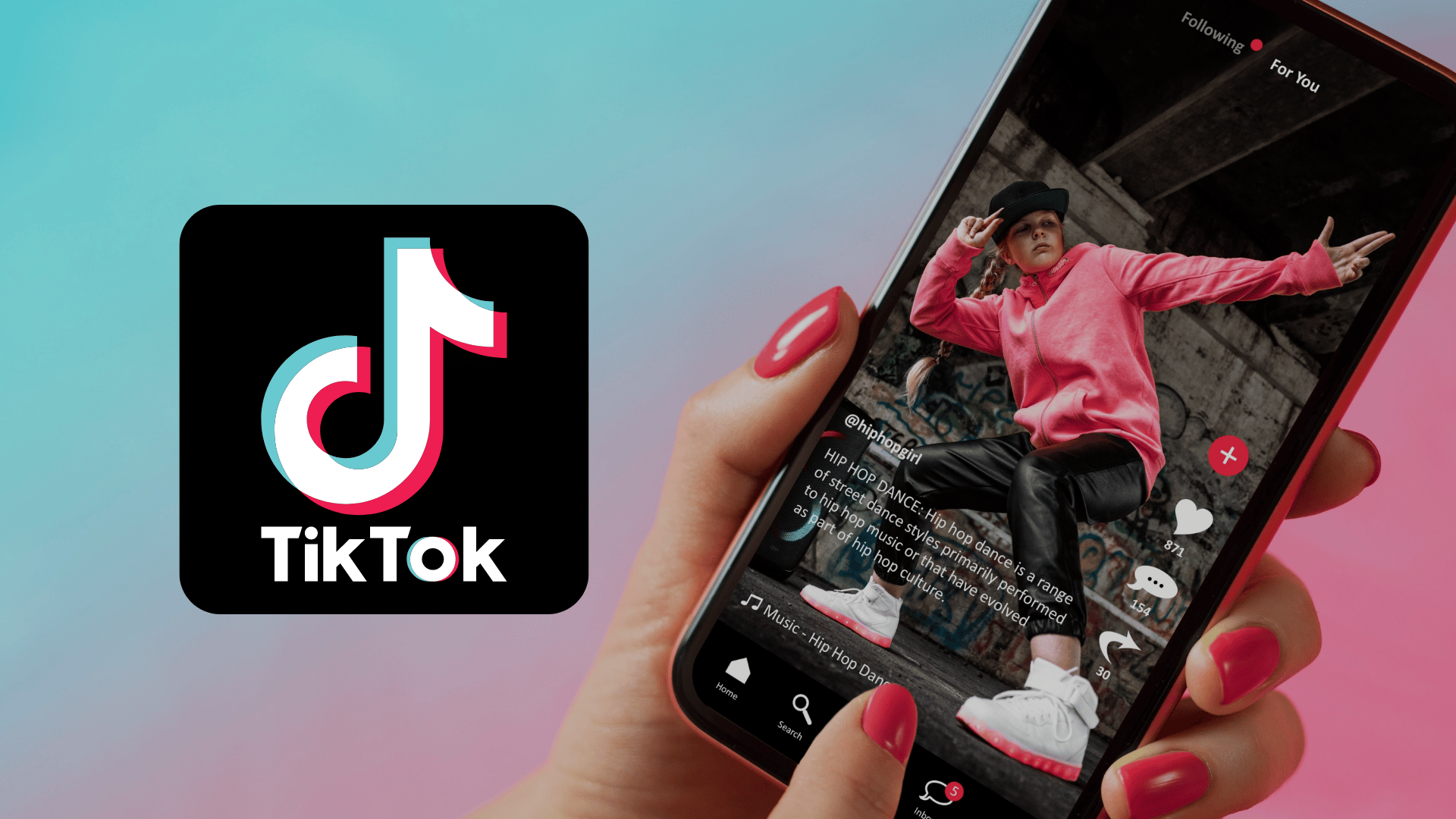Summary
We’ve audited SO many Facebook ad accounts. SO. MANY. It’s a big part of our process here at EmberTribe.
The goal is simple: find ways that you can make the campaigns more efficient and effective.
In today’s quick tip video we’ll share the top 3 mistakes we keep seeing in Facebook ad accounts.
Transcript
We audit and look at so many Facebook Ad accounts, it's not even funny.
It's a big part of what we do when we're talking to a potential new client, we'll go in and we'll do a free discovery and the benefit to us is that we get to see a lot of different Ad accounts.
At this point, we've seen maybe hundreds or thousands of campaigns.
I want to share with you some of the top three mistakes that we've seen in these Ad accounts that will hopefully save you thousands of dollars over the long term, and make your campaigns run even more effectively.
Mistake #1: Crowding your audiences into one ad set

You don't want to take these types of people over here, and these demographics over here and mash them all up into one ad set, just because it's faster to run your campaign.
One of the beauties of Facebook is that you can get very specific about the types of people that you're targeting. Where do they work, what they like, their age, pretty much anything.
You want to be able to measure how these different segments of audiences respond to your messages and respond to your ads.
If you just boil them all into one big pot of an ad set, it's really difficult to make heads or tails of who's responding to your campaigns.
So separate those out, make them more homogeneous groups of people, so that you can really accurately record how different people respond to different messages that you have.
Mistake #2: Lack of testing

Mistake number two is a lack of testing, both audiences and creative.
I can't tell you how many Ad accounts we've looked at where there's just one version of an ad running to one overcrowded
audience in an ad set.
And you're missing out, again, on a huge opportunity to start testing a wide variety of angles and messages.
Now, you don't want to do too much.
You don't want too run too many tests, too many headline versions or image versions, but you do want to at least test a couple variations of each one.
However, it all depends on your budget.
You want to make sure you have enough sample size for this test to be worth it, but you're missing out on a huge opportunity of Facebook if you're just running one version of your ad to one audience.
Take the opportunity to learn quickly with your first dollar spent, what combinations of creative and audiences are going to be most effective for you.
Mistake #3: Setting and Forgetting

Mistake number three is what we affectionately call the set it and forget it approach.
This is when we come into an Ad account and we see that there's been a campaign that's just kind of running on its own, it hasn't been touched, nothing's been turned off, there hasn't been new variations of ads.
It's very clear that somebody had an idea, they turned on the ad, and then they just hoped for the best and kinda left it to do its work.
That might be the old way that you ran a campaign where we were running a commercial or something like that, but the beauty of Facebook is that you can continue to refine your ads to get better and better results for you.
The other thing is that, depending on your audience size, the amount of people that you're marketing to, you're going to wear them out very quickly.
When people see the same campaign, the same message over and over again, they start to tune it out.
We always keep an eye on this metric of ad frequency, where you don't want to exhaust your audience and have them just drone out your brand and your name, because after a while, that's what happens.
Recap
Okay, so these are the top three mistakes.
We're actually pulling these from a longer post that we wrote where we unveil 10, so we'll share the link to that too.
But I think the biggest takeaway here is to actively manage this channel.
Do not just set it and forget it, do not just throw everybody into one bucket and hope for the best.
Be specific, be intentional, and be active in the way that you manage these campaigns.


-AK-148968-preview.png?width=842&height=310&name=1.01-1x1px-Embertribe-(Client-Services)-AK-148968-preview.png)












.png?width=810&height=810&name=TJ%20Jones%20-%20%20CoFounder%20EmberTribe%20(1).png)


%20-%20500x500%20-%20SP%20-%2045.01.png)
%20-%20500x500%20-%20SP%20-%2049.01.png)
%20-%20500x500%20-%20SP%20-%2057.01.png)


.png)